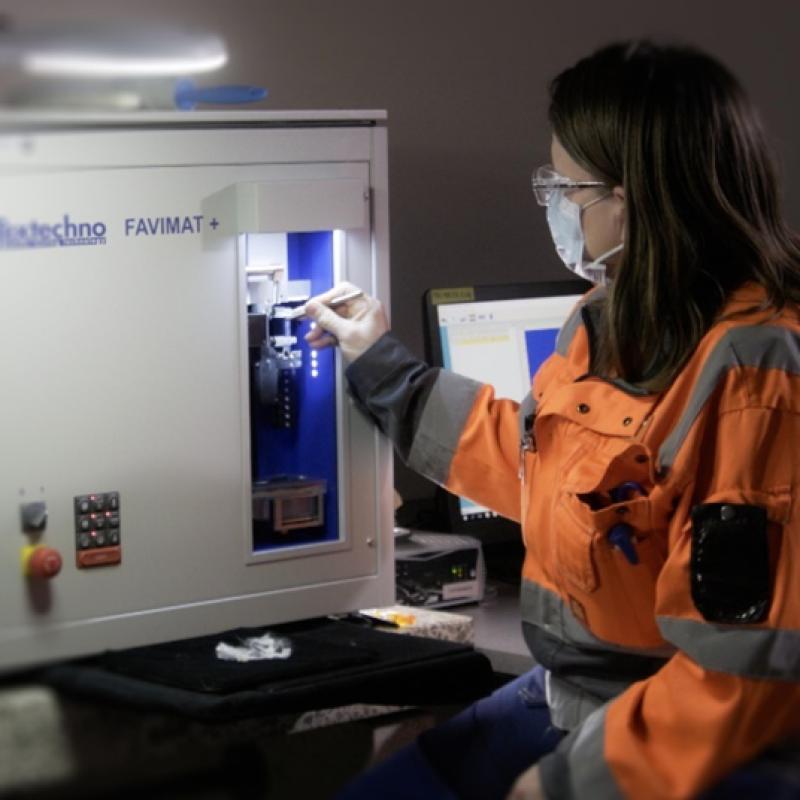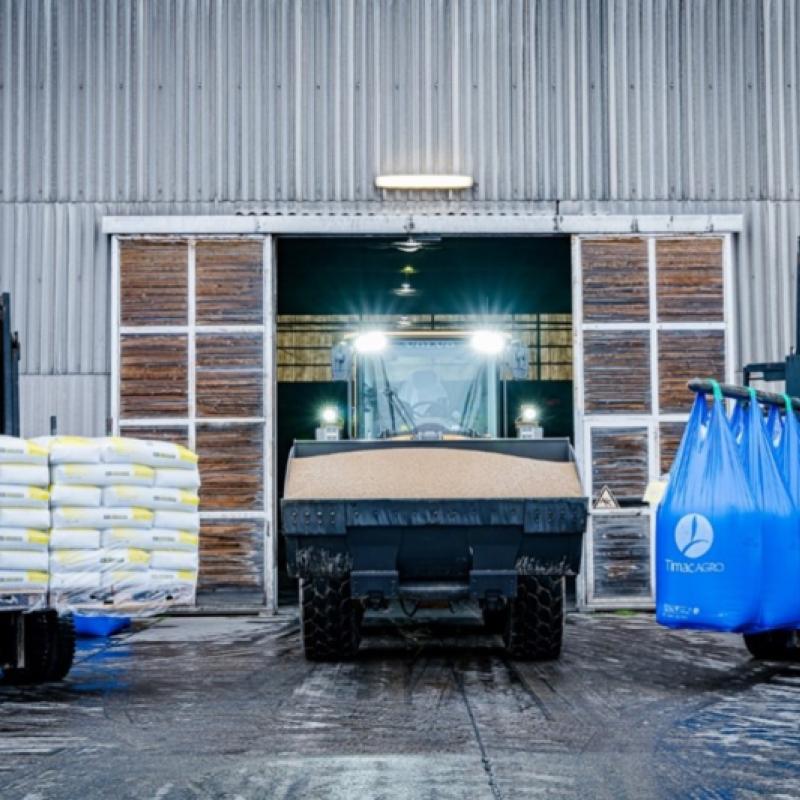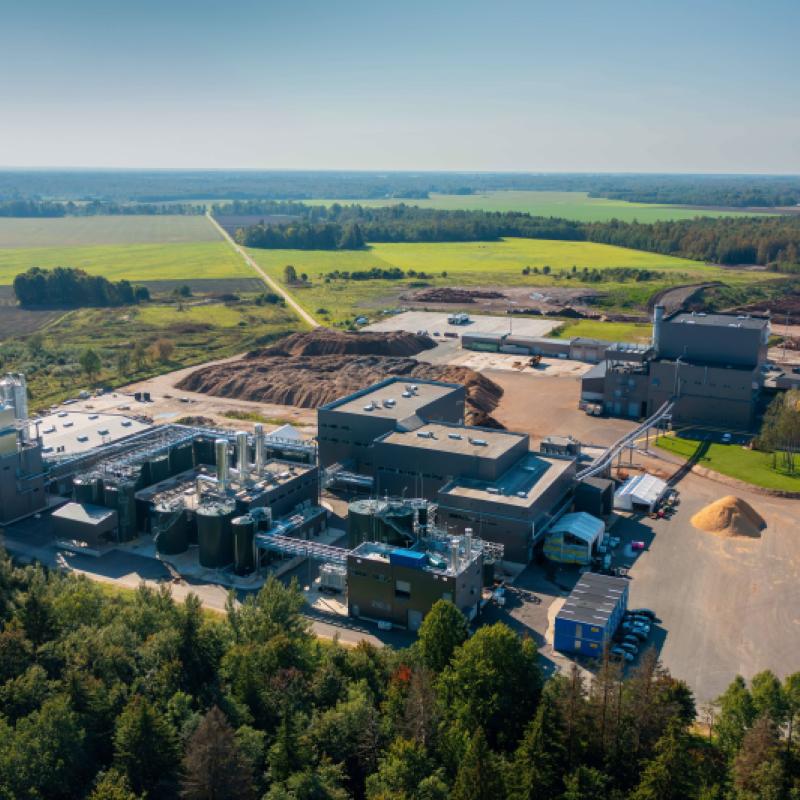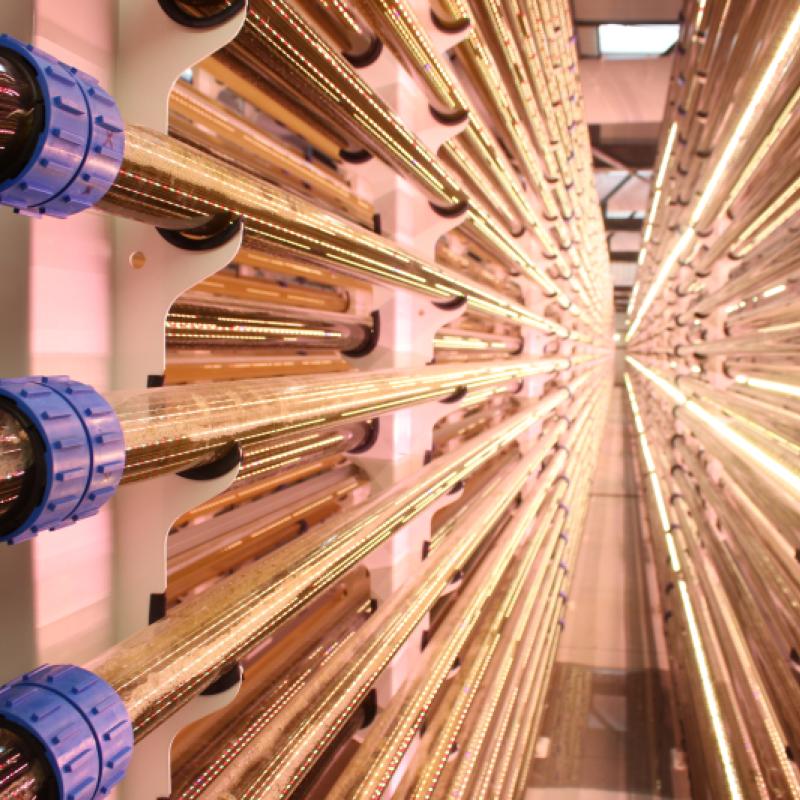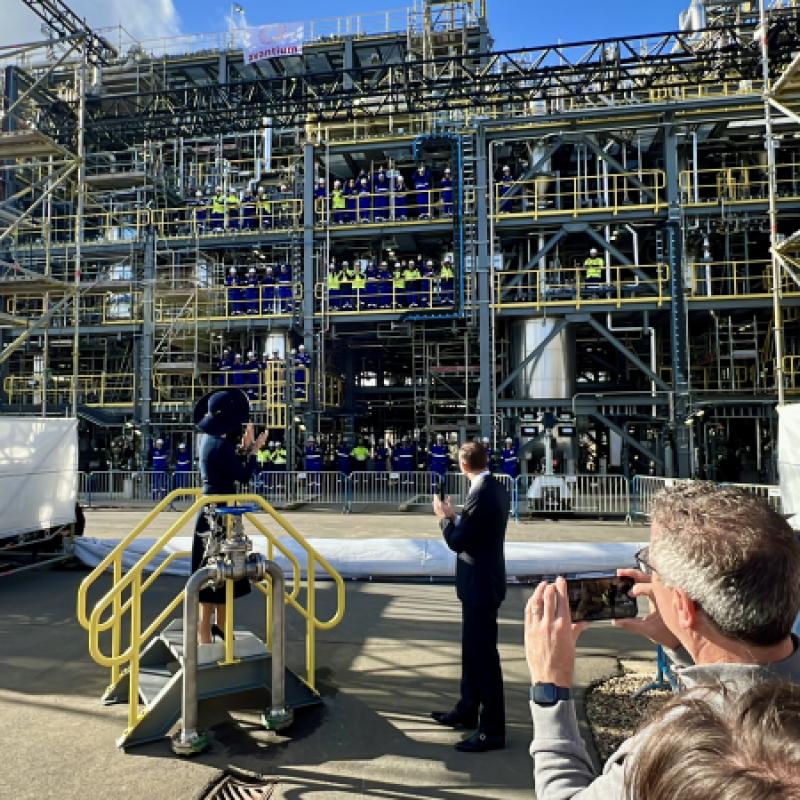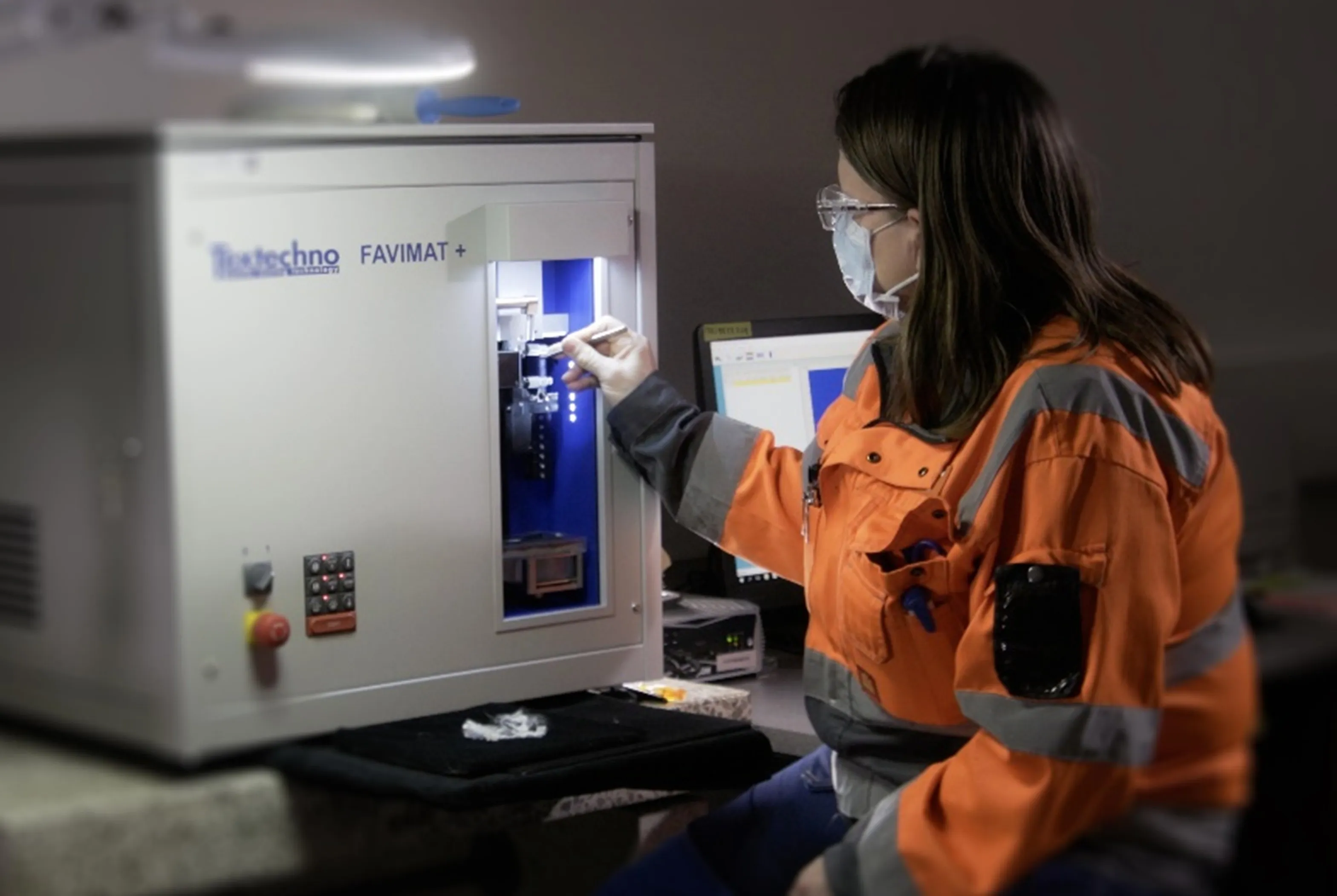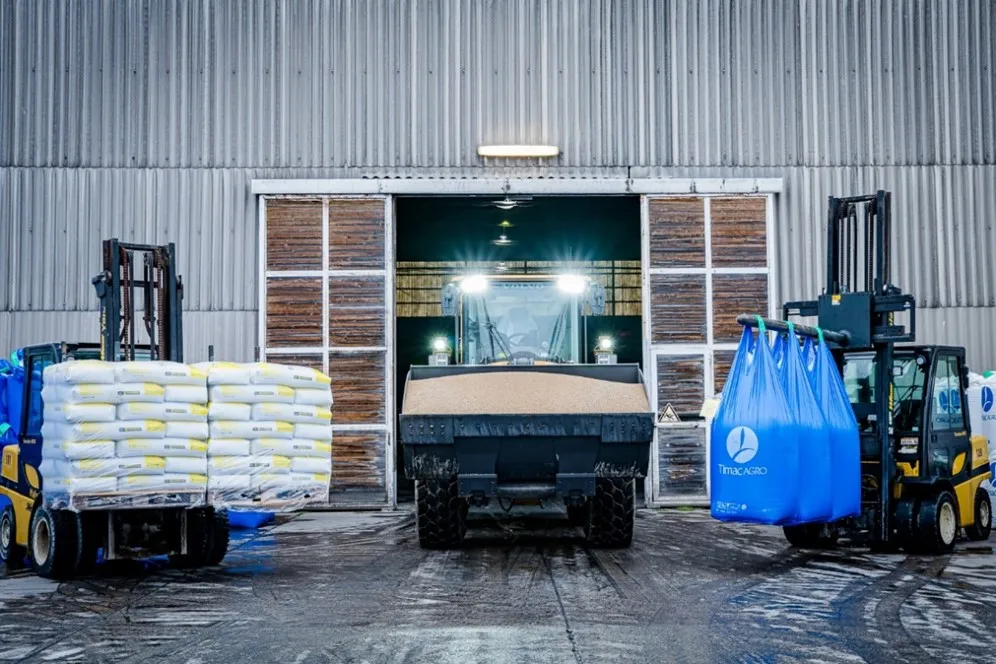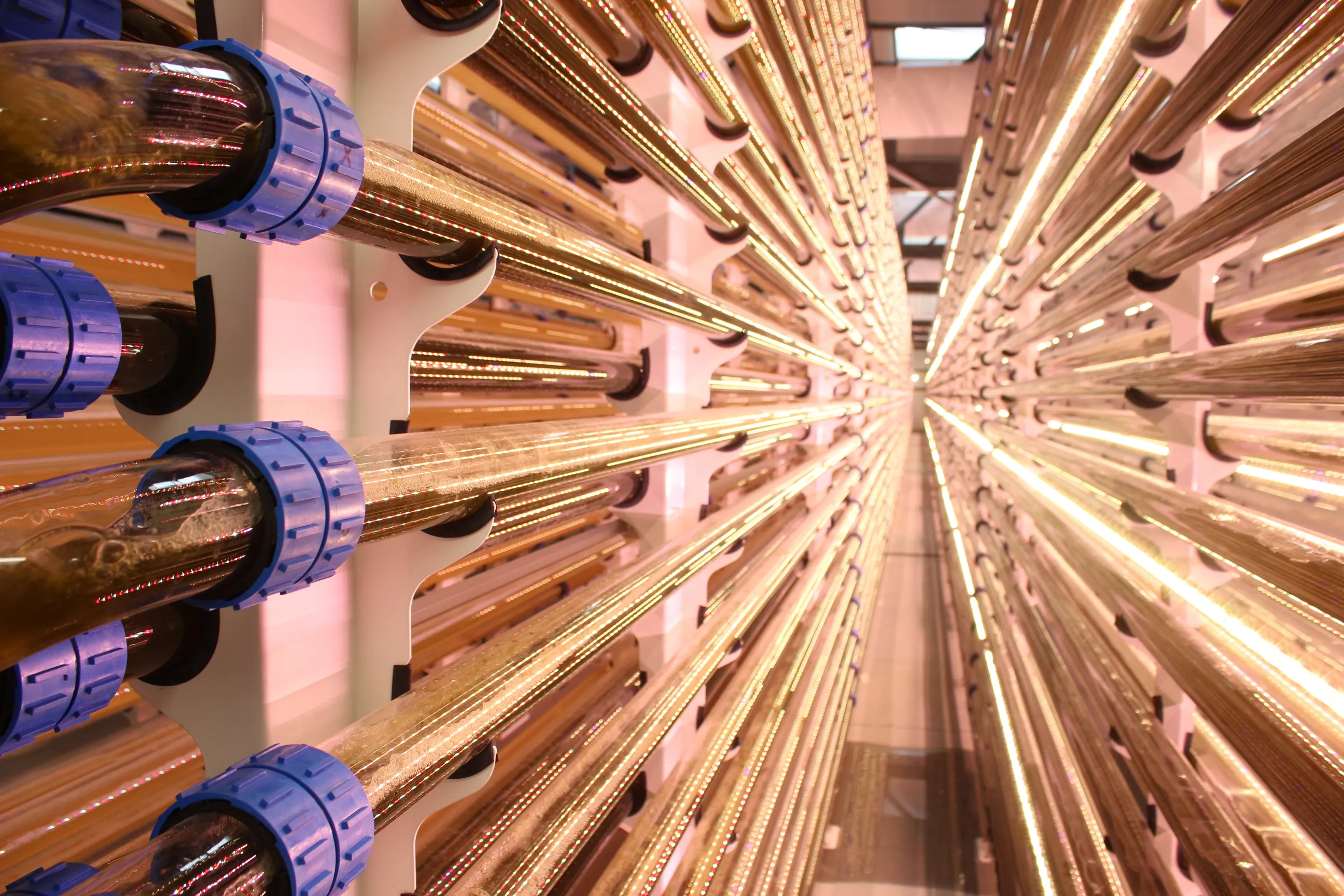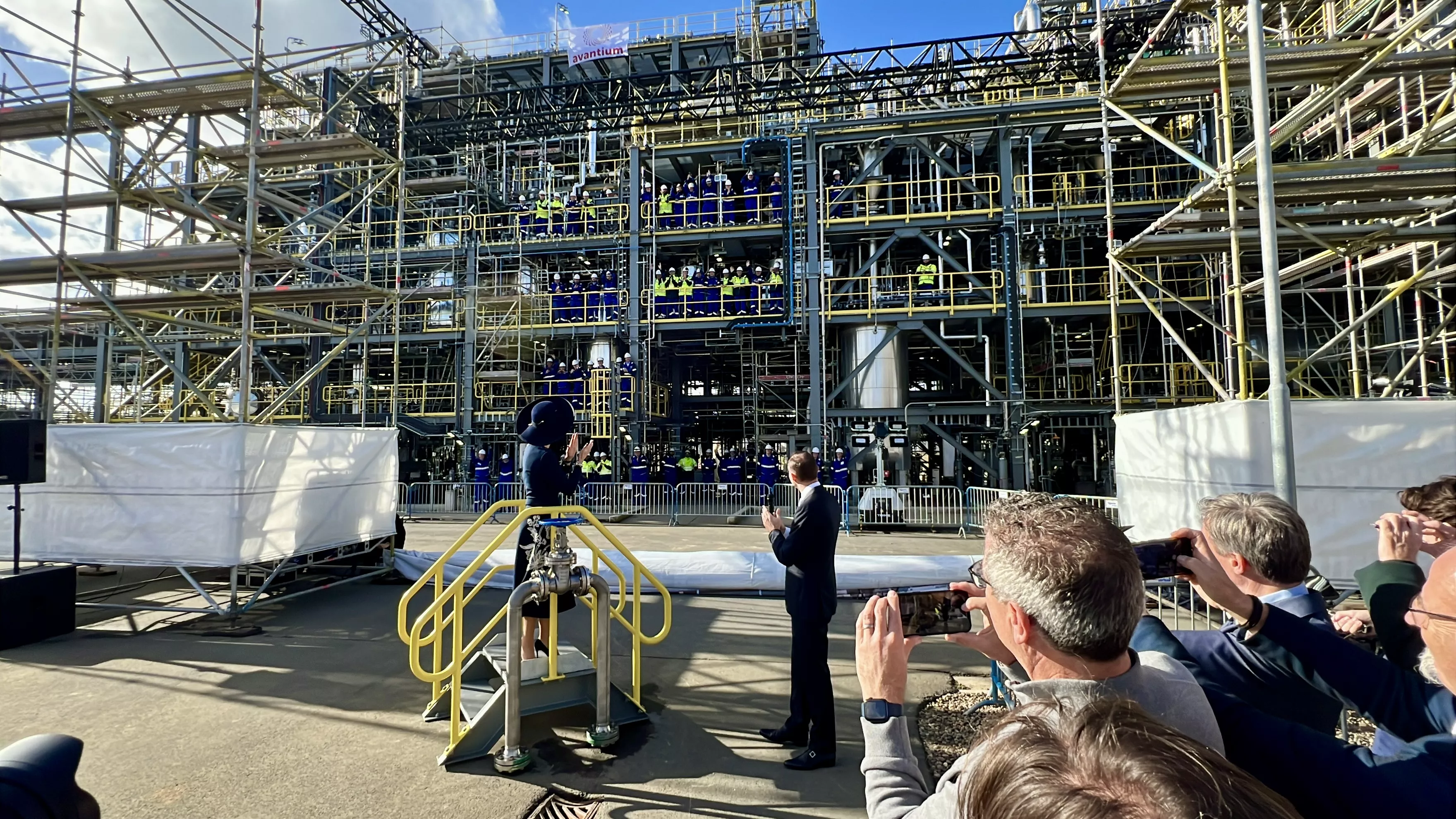CBE JU plays a key role in building Europe’s bioeconomy by supporting the transition from fossil-based to bio-based production. Through targeted investment, the partnership de-risks investments, supports industrial scale-up and ensures the sustainable use of biomass, creating long-term value for Europe’s economy, environment and regions.

The CBE JU country & organisation participation dashboard provides a clear, interactive overview of how EU Member States and associated countries are involved in CBE JU-funded projects.
Through its support to the bio-based sector, CBE JU contributes to the wider development of Europe’s bioeconomy by:
- Advancing industrial activities to increase the EU’s competitiveness and reduce dependency on strategic imports.
- Creating jobs and boosting local economies, in particular in rural and coastal areas.
- Contributing to the EU’s climate and environmental goals.
- Enhancing market conditions and reducing investment risks for bio-based solutions and services.
- Enabling efficient, circular technologies.
- Engaging all actors in the bio-based value chain, from primary producers to industry, and building sustainable value chains throughout Europe.



